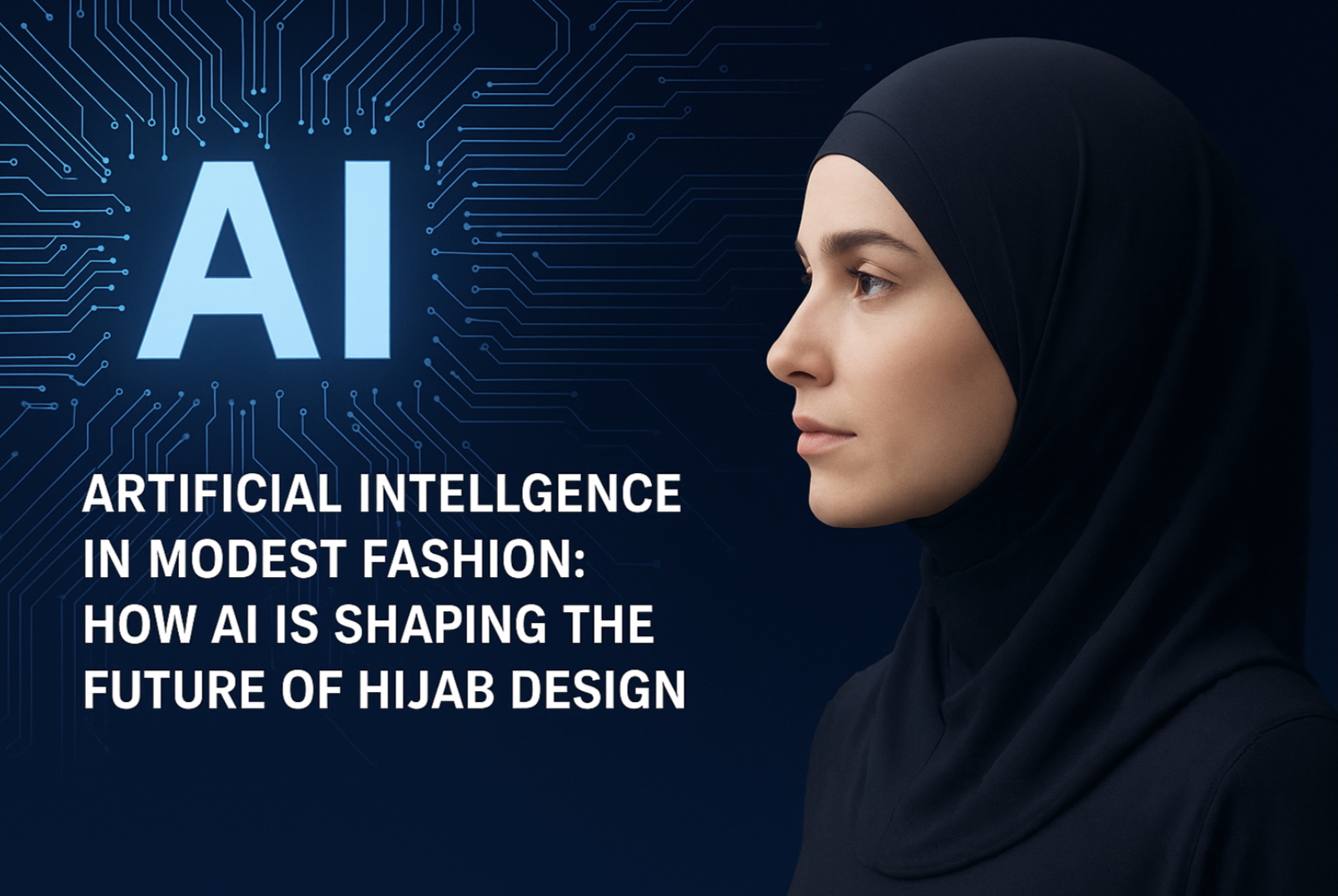
Artificial intelligence is rapidly transforming the fashion industry—from trend forecasting to supply chain optimization. One of the most compelling and culturally significant developments is the use of AI in designing modest clothing, particularly hijabs, abayas, and related garments.
Where Technology Meets Tradition
Modest fashion brands, which focus on elegant yet conservative clothing, are increasingly leveraging AI not just for automation but for creative innovation. Through generative models and big data analysis, designers now have access to entirely new sources of inspiration:
- AI algorithms analyze thousands of street-style images of Muslim women from around the world, identifying patterns in styles, fabrics, cuts, and colors.
- Generative AI tools (such as DALL·E and Midjourney) are used to rapidly visualize design concepts for upcoming collections.
- Machine learning models predict localized modest fashion trends, helping brands anticipate what might be popular among Muslim women in London in 2026 or in Kuala Lumpur during Ramadan.
AI-Powered Design: From Undercaps to Functional Hijabs
A clear example of this innovation is the development of next-generation undercap hijabs, combining comfort, functionality, and aesthetics. The design process integrates:
- Heatmaps analyzing pressure points on the head caused by fabric tension
- Material recommendations tailored for daily and active use
- AI-generated silhouette suggestions optimized for different face shapes and head coverings
Artificial intelligence helps designers strike a balance between traditional Islamic clothing standards and modern needs such as opacity, breathability, thermal control, anti-slip design, and everyday comfort.
Cultural Sensitivity and Ethics
Using AI in religious and cultural fashion requires a particularly sensitive and ethical approach. Many brands adopt a human-centered design philosophy, where AI serves as a creative assistant but the final decisions are made by designers deeply familiar with Islamic values and cultural nuance.
This practice sets a new ethical standard: “technological, yet respectful.”
What’s Next?
Brands applying AI to modest fashion are already seeing key advantages:
- Faster development cycles for new collections
- Personalized recommendations for customers
- Localized designs tailored to specific cultural markets
As AI becomes increasingly context-aware and inclusive, it opens the door to a new era of fashion that is not only smarter, but more ethical and representative of diverse communities around the world.
















